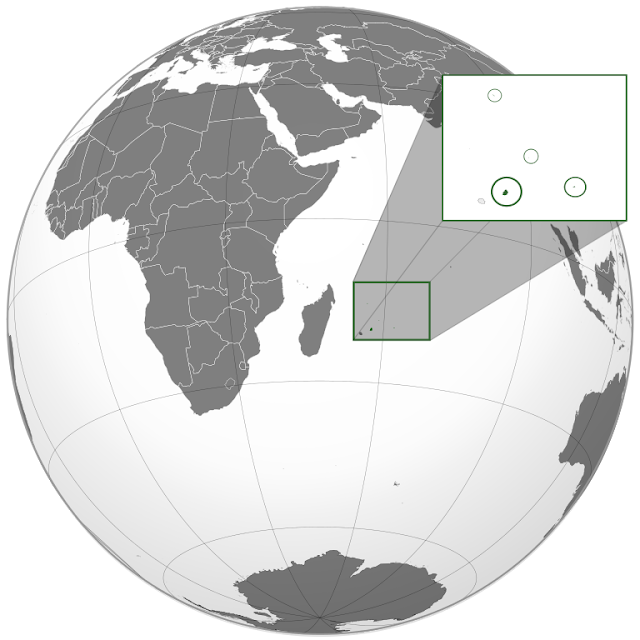Constitution of Mauritius
Mauritius is an island country located in the Indian Ocean. The population of this country is approx 12,65,000 with 2040 square kilometers area. There is no officially declared working language, but English and French are used in offices without any declaration. In terms of language, 86% of the people speak Mauritian Creole, with 5% Bhojpuri, 4% French. Ethnically 67% are of Indian descent, 28% Creole, 3% Chinese, 2% French. In terms of religion, 48% are Hindus, 32% are Christians, and 17% are Muslims. It is also noticeable in the case of public holidays. Holidays are celebrated on Maha Shivratri, Ganesh Chaturthi, Diwali, Christmas, Eid-ul-Fitr etc.
Articles of the Constitution of Mauritius are very familiar and traditional. Influenced by the British Commonwealth. The problem is that the paragraphs are too long. The same is mentioned repeatedly. Even more disturbing is the repeated mention of the word “public morality”. There is no definition of morality, and everyone's judgement is different. Some people like green shirts, some people like blue shirts.

Admirable Articles of Mauritius's Constitution
4. Protection of right to life (Part of it)
● A person shall, not be regarded as having been deprived of his life in contravention of this section, if he dies as the result of the use, to such extent and in such circumstances as are permitted by law, of such force as is reasonably justifiable
● for the defence of any person from violence or for the defence of property;
● in order to effect a lawful arrest or to prevent the escape of a person lawfully detained;
● for the purpose of suppressing a riot, insurrection or mutiny; or
● in order to prevent the commission by that person of a criminal offence, or if he dies as the result of a lawful act of war.
5. Protection of right to personal liberty (Part of it)
● No person shall be deprived of his personal liberty save as may be authorised by law
● in execution of the order of a court made to secure the fulfillment of any obligation imposed on him by law;
● for the purpose of bringing him before a court in execution of the order of a court;
● upon reasonable suspicion of his having committed, or being about to commit, a criminal offence;
● in the case of a person who has not attained the age of 18 years, for the purpose of his education or welfare;
● for the purpose of preventing the spread of an infectious or contagious disease;
● in the case of a person who is, or is reasonably suspected to be, of unsound mind or addicted to drugs or alcohol, for the purpose of his care or treatment or the protection of the community;
● upon reasonable suspicion of his being likely to commit breaches of the peace; or
6. Protection from slavery and forced labour
● No person shall be held in slavery or servitude.
● No person shall be required to perform forced labour.
● For the purposes of this section, the expression "forced labour" does not include -
● any labour required in consequence of the sentence or order of a court;
● labour required of any person while he is lawfully detained that, though not required in consequence of the sentence or order of a court, is reasonably necessary in the interests of hygiene or for the maintenance of the place at which he is detained;
● any labour required of a member of a disciplined force in pursuance of his duties as such or, in the case of a person who has conscientious objections to service as a member of a naval, military or air force, any labour that that person is required by law to perform in place of such service; or
● any labour required during a period of public emergency or in the event of any other emergency or calamity that threatens the life or well-being of the community, to the extent that the requiring of such labour is reasonably justifiable, in the circumstances of any situation arising or existing during that period or as a result of that other emergency or calamity, for the purpose of dealing with that situation.

